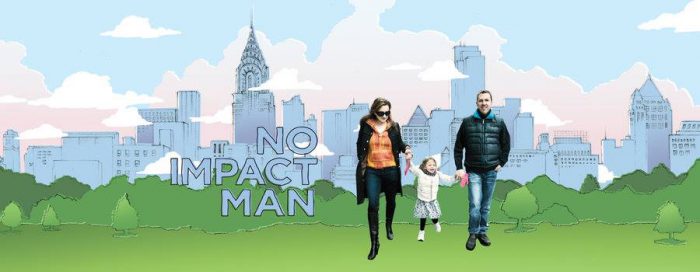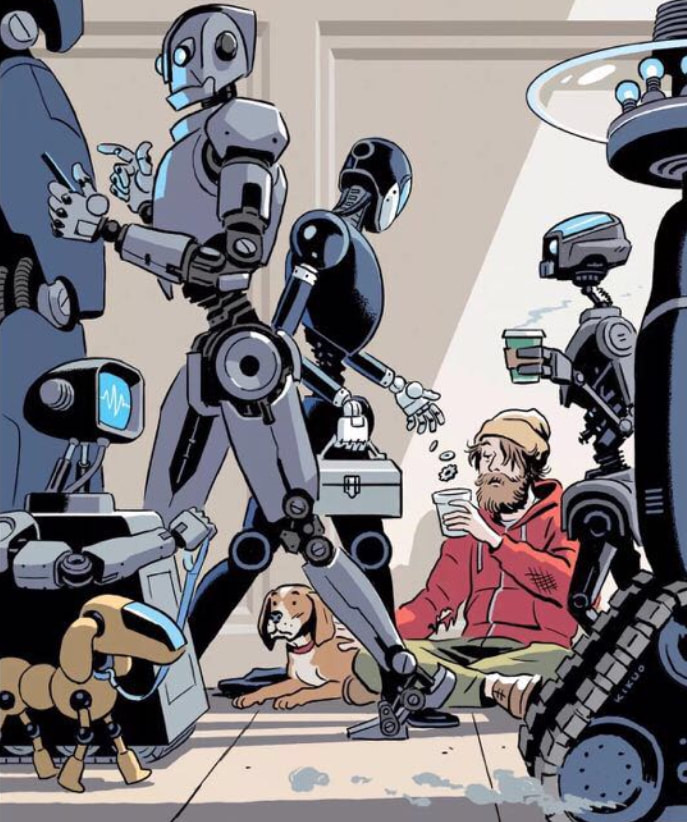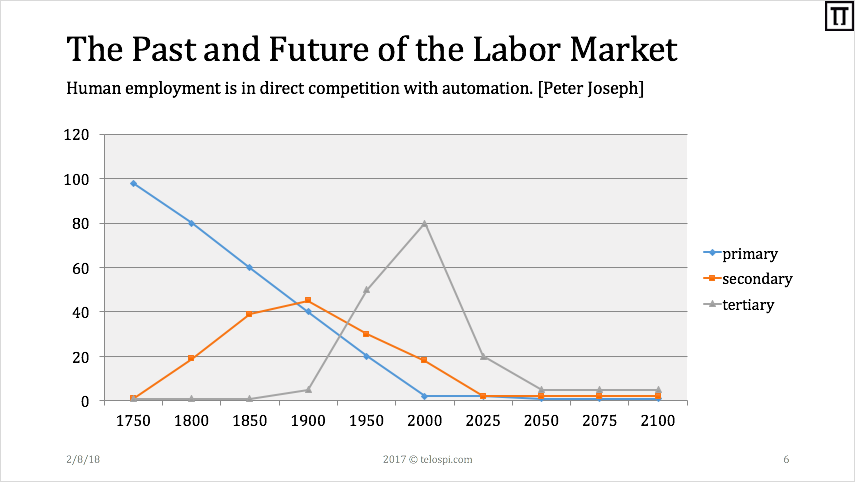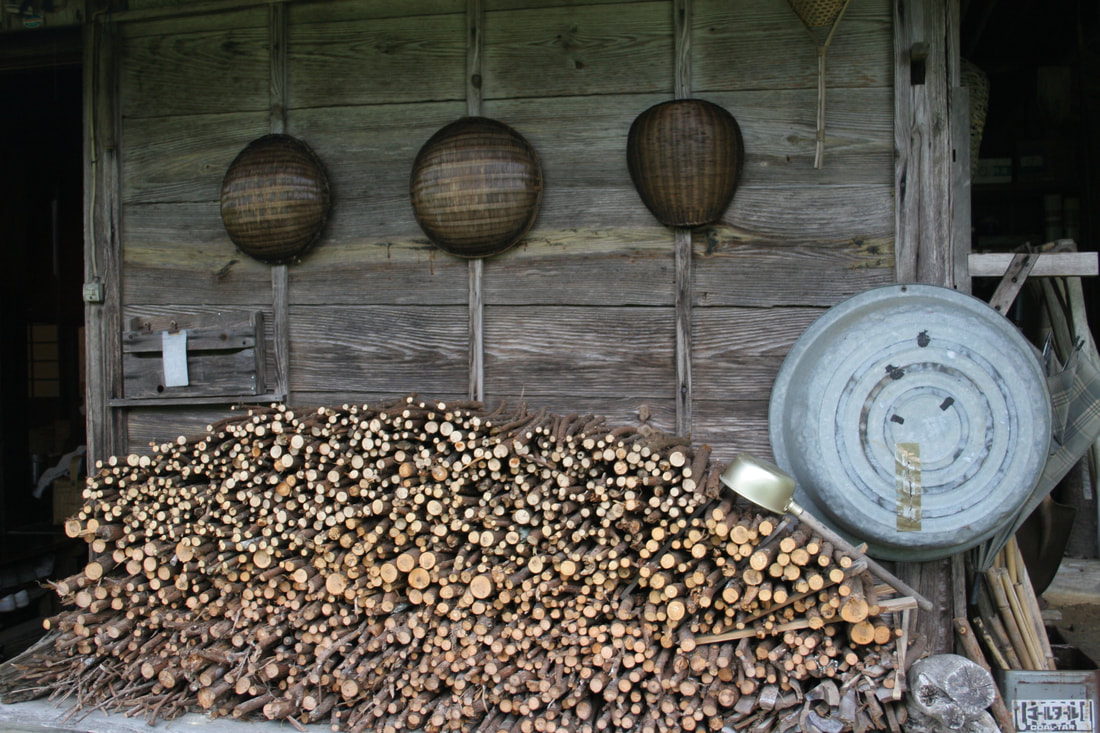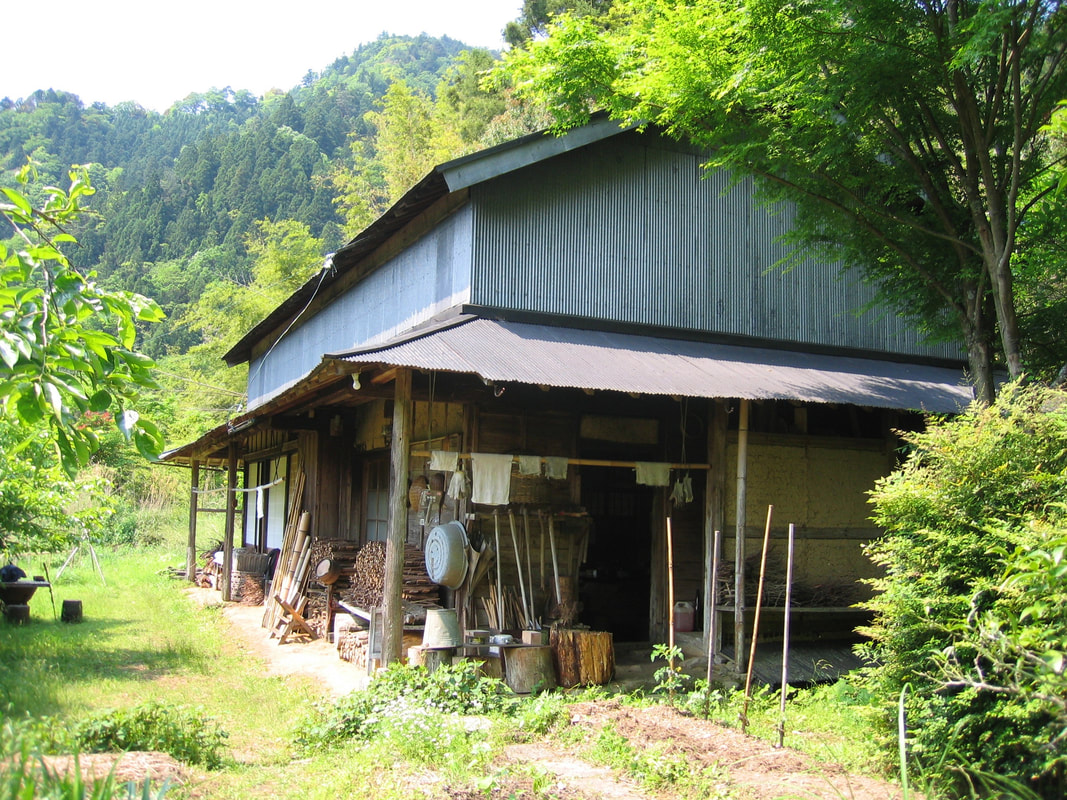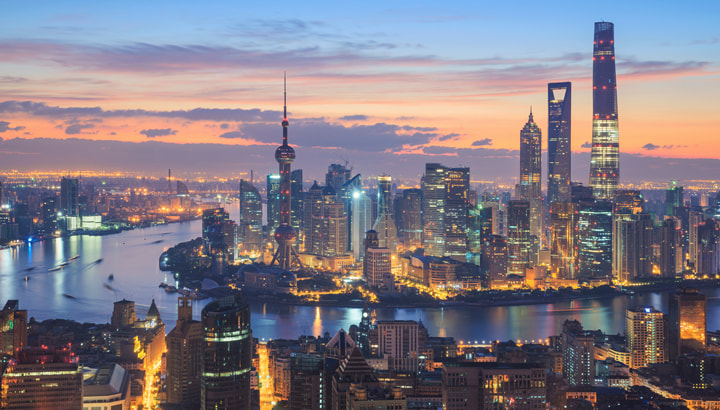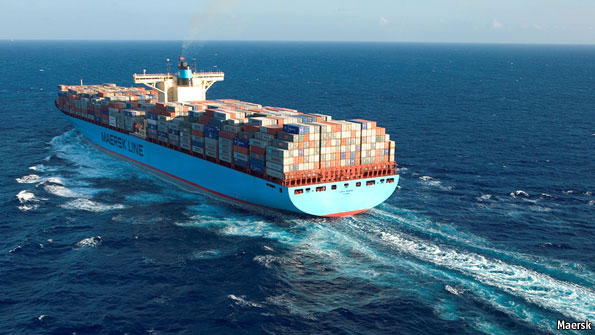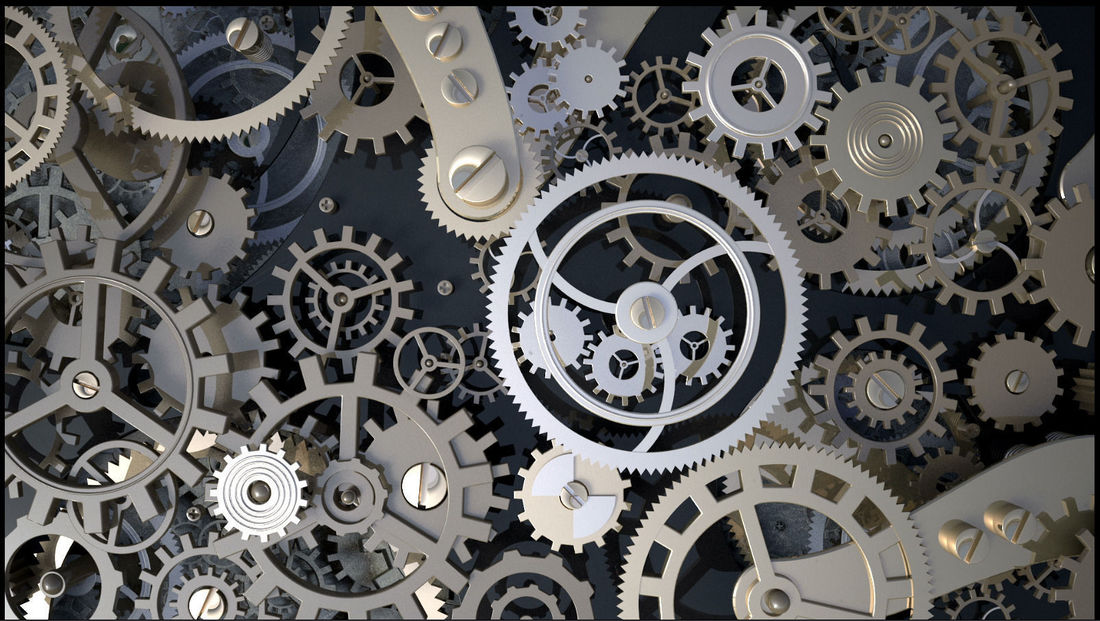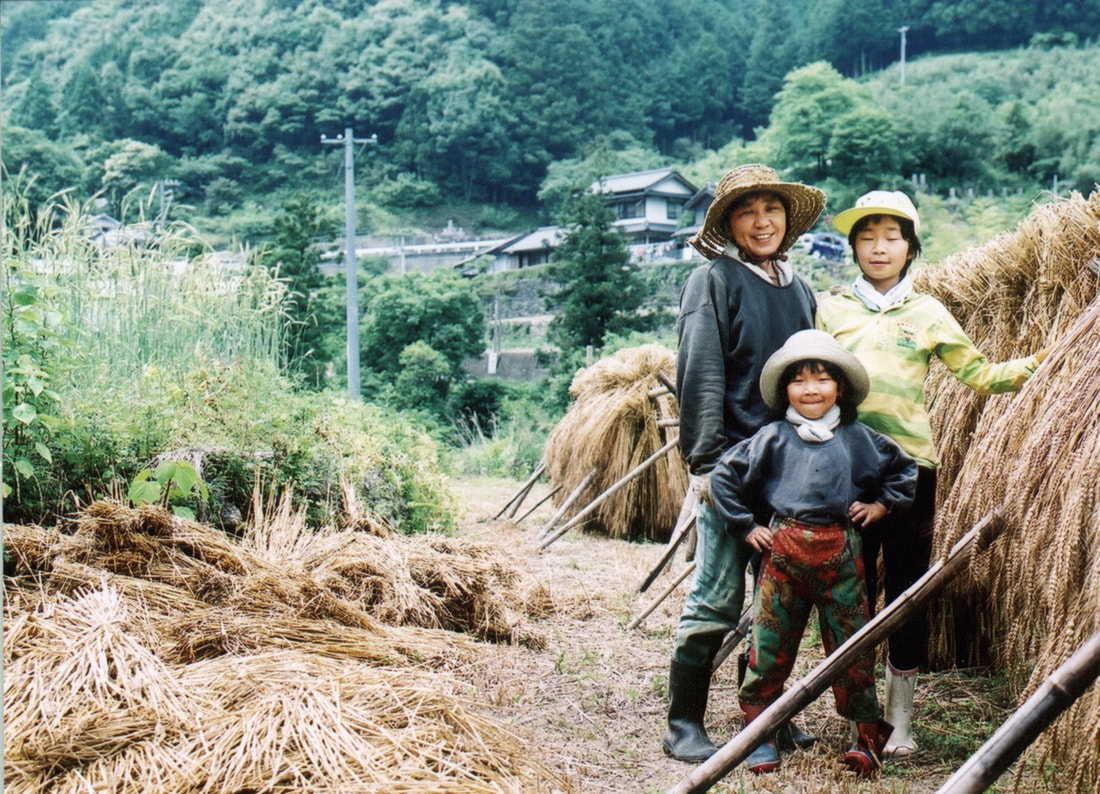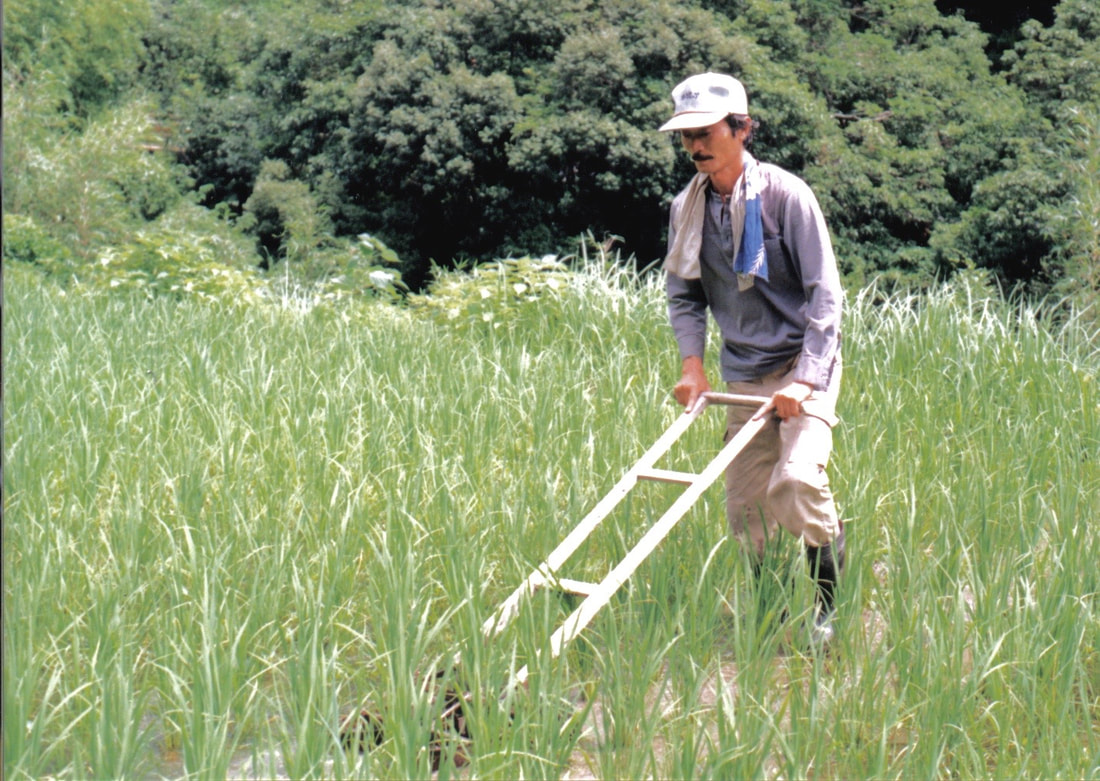This is a film I really recommend everybody to watch. Colin Beavan aka No Impact Man put himself, his wife and his child in 2006 into a one-year zero waste, zero carbon footprint experiment. He was then 43, his wife 39 and their daughter 2. I am deeply impressed by this human portrait of trying to do something about climate change and the resulting struggle, both practical as well as emotional. The experiment really boils down to breaking out of this learned helplessness which industrial consumerism bestowed upon us. Its not about being a fundamentalist, its about wresting back control over one's life.
I was particularly touched by Colin's wife, a belligerent urbanite, recounting a dream after her first visit to the organic farm where the family starts to purchase their food from. She left in that dream her grandparent's farm and wakes up with the feeling that she has forgotten something important there. This symbolism could well be part of our collective unconscious, because most urban folks are severed from the planet and it is mainly through the connection to the soil that we can re-establish a balance in our lives and with the planet.
The future of work is not in the city despite all the innovations around urban farming. The future of work is out in the sticks.
Colin did also give a TEDx talk in 2010, which is recording in poor quality, but which nevertheless contains important ideas about what really matters in our lives. I would really like to know where the Beavans live now and how their search for a better life has unfolded.
